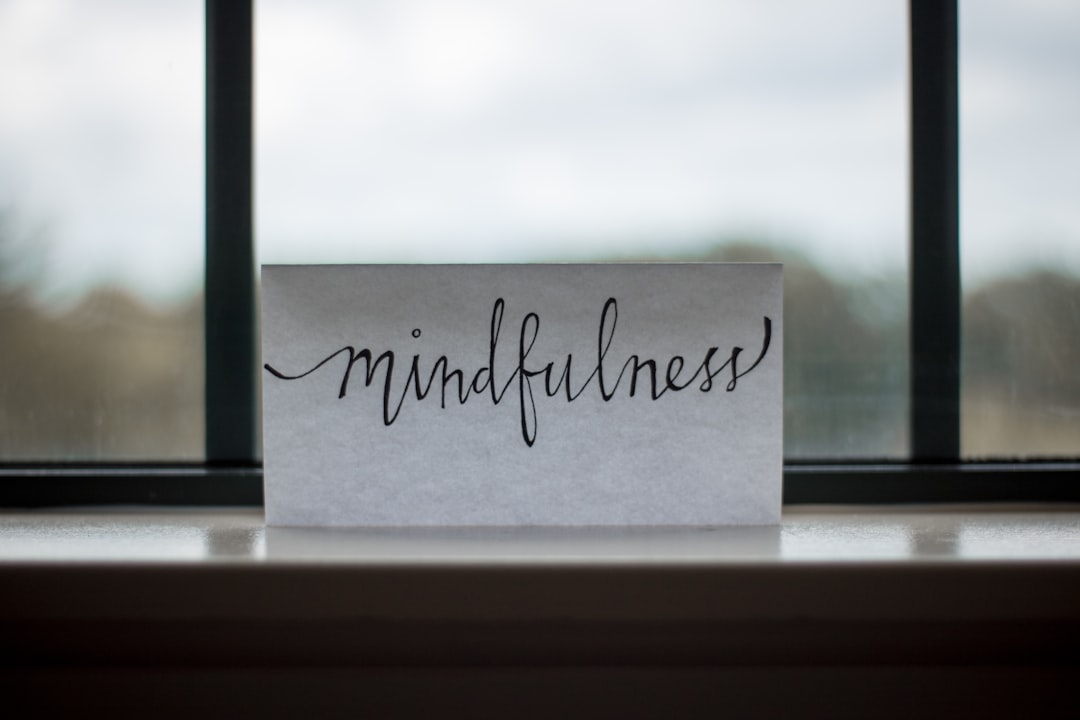Proper nutrition plays a vital role in holistic health and cognitive function enhancement. Consuming whole foods like fruits, vegetables, and nuts can provide essential nutrients that nourish the brain. Mindfulness practices, energy healing, acupuncture, and aromatherapy are all holistic approaches to promoting overall wellness.
Holistic Health: Enhancing Quality of Life for Individuals with Chronic Illnesses
Healing chronic illnesses naturally through holistic practices involves addressing the physical, mental, emotional, and spiritual aspects of an individual to promote overall well-being. By incorporating acupuncture, herbal medicine, nutritional therapy, meditation, yoga, and energy healing, individuals with chronic illnesses can experience improvements in their quality of life and overall health.
Energizing Solutions: Holistic Approaches to Overcoming Chronic Fatigue Syndrome
Holistic health focuses on treating the whole person, incorporating natural remedies, alternative therapies, and lifestyle changes. In contrast, conventional medicine treats specific symptoms with medication and interventions. Healing chronic fatigue syndrome holistically involves nutrition, mind-body practices, and gentle exercise to manage symptoms and improve well-being.
Empowering Women: Achieving Holistic Health through Integrative Practices
Nutrition plays a vital role in holistic health, focusing on the whole person. Women’s health benefits greatly from a balanced diet rich in nutrients. Herbal remedies and mindfulness practices also contribute to overall well-being for women.
Nurturing Wellness: Harnessing Intuition and Inner Guidance in Holistic Health
Intuition and inner guidance play a significant role in holistic health, emphasizing the interconnectedness of the mind, body, and spirit. Intuition is often described as a deep inner knowing or gut feeling that guides individuals in decision-making and navigating their lives. In holistic health, intuition is seen as a valuable tool for understanding one’s physical, emotional, and spiritual needs.
Balancing Wellness: The Power of Acupressure in Holistic Health
Holistic health and conventional medicine are two approaches to healthcare that differ in their fundamental philosophies and methods of treatment. Conventional medicine treats specific symptoms using drugs and surgery, while holistic health considers the whole person for optimal wellness. Acupressure is a beneficial holistic practice that can relieve pain, reduce stress, and promote relaxation.
Empowering Women: A Holistic Approach to Health and Wellness
Herbal remedies have been used for centuries as nature’s power in holistic health practices. The use of plants and herbs for medicinal purposes is deeply rooted in various cultures around the world, providing natural solutions to a wide range of health issues. Herbal remedies focus on treating the whole person, rather than just the symptoms, aligning well with the principles of holistic health.
Harnessing Harmony: Preventing Illness Through Holistic Health
Chronic illnesses can have a significant impact on a person’s quality of life, often requiring long-term management and treatment. Holistic health focuses on treating the whole person, addressing physical, mental, emotional, and spiritual aspects of health. Practices like acupuncture, yoga, meditation, and herbal medicine can complement traditional approaches to prevent illness.
Elevating Wellness: The Transformative Power of Yoga in Holistic Health Practices
Mindfulness is a cornerstone of holistic health, emphasizing the importance of being present in the moment and fully aware of your thoughts, feelings, and environment. By practicing mindfulness, individuals can reduce stress, improve mental clarity, and enhance overall well-being. One of the key aspects of mindfulness is learning to observe your thoughts without judgment, allowing you to gain insight into your mental processes and patterns.










